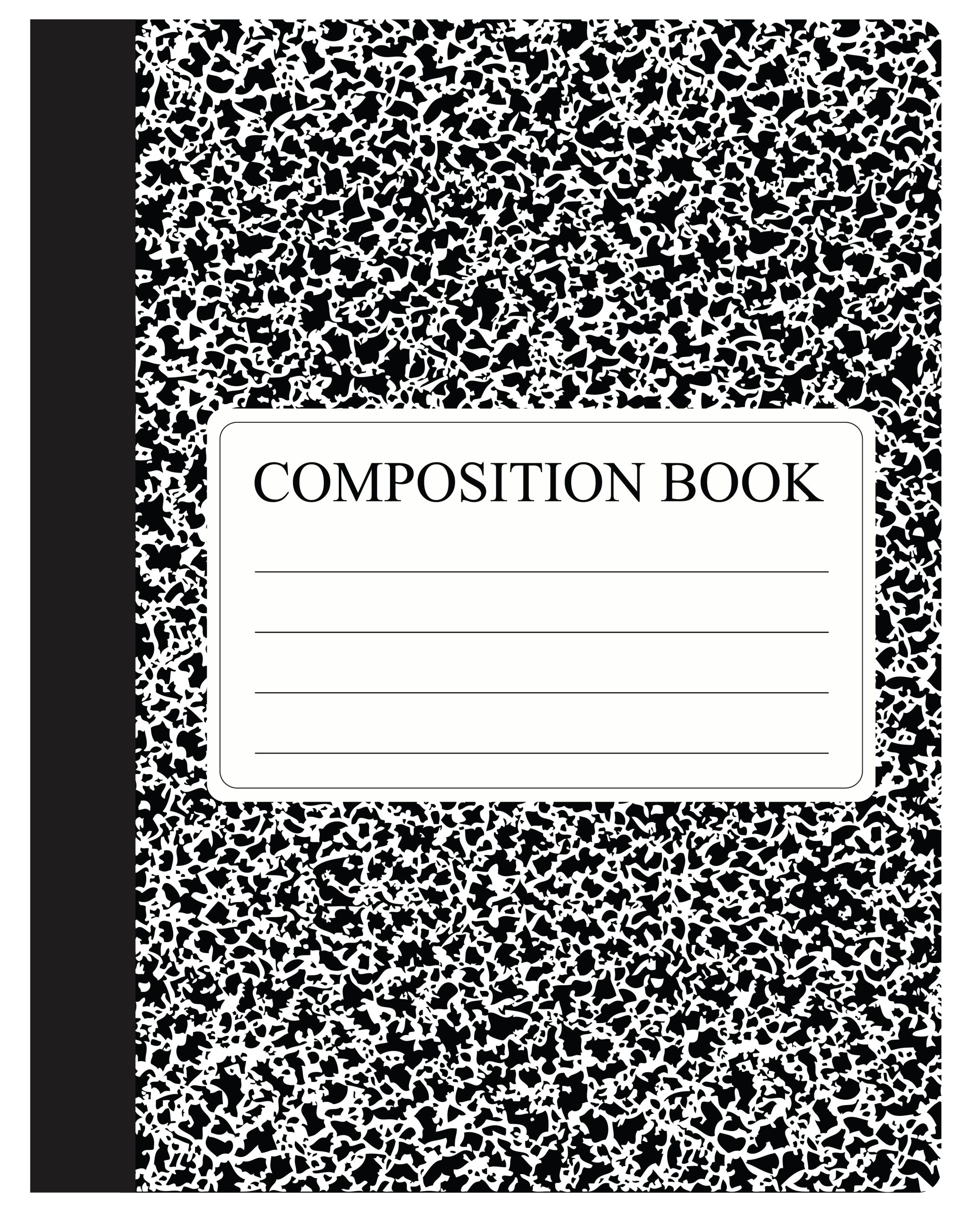Whatever your profession, you write. Whether you’re publishing a novel, composing an email or a Tweet, or building a multimedia presentation, you are judged by your business writing.
And judged you will be. The Internet’s intolerance of bad grammar and spelling errors is well-documented. A single typo in a comment in a Facebook group can put you on the receiving end of a stream of criticism that seems to invalidate whatever point you were trying to make.
Thank goodness your colleagues and clients don’t jump to conclusions like that — or do they? Actually, yes. They do. They may not shame you in a social media group, but they certainly do judge your ability to clearly communicate and articulate your thoughts and ideas in writing.
Write to be Remembered
As a society, we are more distracted than ever. Your boss, your colleagues and your clients have so much competing for their attention: phone calls, text messages, emails, meetings.
If you want your presentation, proposal, email or status report to be read, understood and remembered, you must make it as easy and frictionless as possible for your readers. Don’t make them work to understand what you’re trying to say. Get to the point as soon as possible.
 Here are five ways to improve your business writing:
Here are five ways to improve your business writing:
1) Start with an Outline
Remember those outlines your teacher made you create in eleventh grade? She was right. Outlining your work (yes, even emails) before you begin to write is the best way to identify your main point and organize your thoughts clearly.
Start by answering the question “What’s my main point?” Then identify the 2-3 key ideas that support your point and end with your payoff or call-to-action. I highly recommend using a BRIEF Map (you can download for free) to create a simple outline for every important communication.
2) BLUF
BLUF stands for Bottom Line Up Front, a.k.a. “Don’t Bury the Lede.” Mystery and anticipation are not your friends in business writing. Identify your main point (see #1, above) and move it to the very first sentence of your email, proposal or presentation. If you “explain” things for the first 2-3 paragraphs before you get to your point, your point will be lost. Guaranteed.
3) Tighten It Up
After your first draft, omit needless words. You shouldn’t be trying to make less into more, but trying to say more with less. Cut the fluff. See what I did there?
4) Spell Everything Correctly
This is basic, and very important. If you want to be taken seriously, spell everything correctly. Spelling matters, and bad spelling practically jumps off the page and undermines the point you are attempting to make.
Most people will overlook a misplaced comma or an ellipsis with four dots instead of three. But misspelled words are noticeable, and they will send the message that: a) You didn’t care enough to proofread your work, or: b) You aren’t very smart, or: c) Both.
It may not seem fair, but it is a reality. If you know you are spelling-challenged, have someone read everything you write before you distribute it. Even if you don’t think you have a spelling problem, it’s always a good idea to have someone else eyeball an important communication that will be seen by many.
5) Scan and skim
This is your opportunity to turn that big block of copy into a visually pleasing piece of writing that the reader can easily follow.
- Format with bullets
- Make headlines bold where possible
- Add white space
These final touches are simple, but go a long way for your reader.
You Can Improve Your Business Writing
When was the last time you evaluated your own writing skills with a serious thought of improving them? College? Grad school?
If it’s been more a year, and you want to reap the benefits of concise, effective writing, the free, Brief Writing webinar from The Brief Lab, may be for you.
In this webinar, you’ll learn why long-winded writing can be a career killer and how BRIEF writing tools can help you ruthlessly redact unnecessary details.
We all work, and we all write. Make the most of your opportunity by becoming a brief writer. Your readers will thank you for it!
About the author: Joe McCormack is on a mission to help progressive organizations master concise communication. Joe works with Fortune 500 companies and elite special operations units, is the founder of The Brief Lab and author of Brief: Make a Bigger Impact by Saying Less. Follow us on Twitter @TheBriefLab